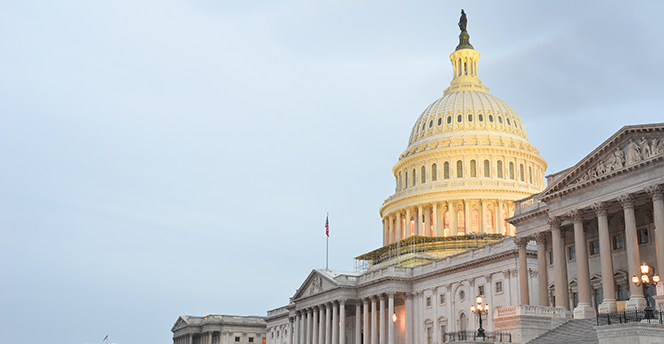Sensible Accounting to Value Energy (SAVE) Act Amendment

Sensible Accounting to Value Energy (SAVE) Act Amendment
The Senate began consideration of S. 2012, the Energy Policy Modernization Act of 2015, during the final week of January. The bill is composed of four major titles – Efficiency, Infrastructure, Supply and Accountability – and was reported favorably out of the Senate Energy and Natural Resources Committee by a vote of 18-4. The debate on the Senate floor is expected to draw hundreds of amendments. Sen. Johnny Isakson (for himself and Sens. Bennet, Portman, and Shaheen) introduced an amendment on the SAVE Act, which is a priority for the Alliance and many other energy efficiency advocates.
Summary
Home energy costs can make up a significant portion of a household budget; in many cases, utility bills are larger than both property taxes and homeowners insurance. However, household energy costs can vary substantially, depending on energy efficiency measures and other characteristics, making a home’s efficiency level a key component in determining its value. Current appraisals do not account for energy efficiency when calculating the affordability and value of a home. The SAVE Act, which offers a voluntary energy efficiency evaluation as part of the mortgage underwriting process, would help consumers and lenders better evaluate the true value of residences.
Specifically, the SAVE Act amendment would direct the Department of Housing and Urban Development (HUD) to develop and issue guidelines for the Federal Housing Administration (FHA) to implement enhanced loan eligibility requirements, for use when testing the ability of a loan applicant to repay a covered loan, that accounts for the expected energy costs savings for a loan applicant at a subject property. Lenders would justify expected energy cost savings by determining both the Debt-to-Income Ratio (testing of the borrower’s ability to afford monthly mortgage payments), and the Loan-to-Value Ratio, (comparison of the loan to the value of the home). As a result, a more energy efficient home would be appraised at a higher value, and a borrower would possess a greater ability to afford an energy efficient home, saving money on utility bills and increasing the likelihood of making timely mortgage payments.
Legislative History
The SAVE Act was last introduced as a standalone bill during the 113th Congress and was introduced in both the House of Representatives and the Senate (H.R. 4615 and S. 1106, respectively).
Key Difference in the Amendment
The SAVE Act amendment is not identical to the standalone version. Unlike the standalone version, the amendment has been limited to only cover homes that are insured by (FHA). The adoption of this amendment would still go a long way to ensure that energy efficiency is accurately accounted for in the mortgage underwriting process as FHA currently insures nearly 5 million single family homes.
STAY EMPOWERED
Help the Alliance advocate for policies to use energy more efficiently – supporting job creation, reduced emissions, and lower costs. Contact your member of Congress.
Energy efficiency is smart, nonpartisan, and practical. So are we. Our strength comes from an unparalleled group of Alliance Associates working collaboratively under the Alliance umbrella to pave the way for energy efficiency gains.
The power of efficiency is in your hands. Supporting the Alliance means supporting a vision for using energy more productively to achieve economic growth, a cleaner environment, and greater energy security, affordability, and reliability.



